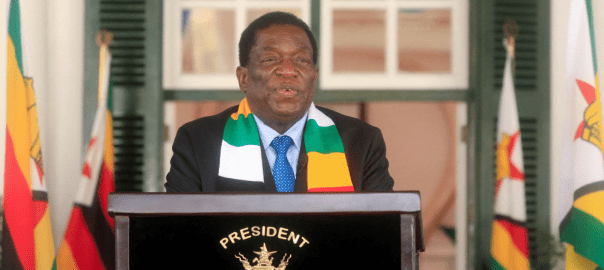Aug. 31, 2023 /Politics/ — There is no known beef between Zambia and Zimbabwe election results. The two countries have a long history of cooperation and have jointly worked on a number of regional initiatives. In the 2002 Zimbabwean presidential election, the Zambian government refused to recognize the results, which were won by Robert Mugabe. However, this was due to concerns about the fairness of the election, rather than any beef with Zimbabwe.
In recent years, there have been some tensions between the two countries, particularly over the issue of water resources. However, these tensions have not been severe enough to be considered a “beef”.
Overall, there is no evidence to suggest that there is any beef between Zambia and Zimbabwe election results. The two countries have a strong relationship and have worked together on a number of issues.
Election observers are concerned about the recent elections in Zimbabwe for a number of reasons, including:
- Voting delays and disruptions: Many polling stations opened late or were not opened at all, and there were reports of long delays in the voting process. This made it difficult for voters to cast their ballots and may have discouraged some from voting.
- Biased media coverage: The state-controlled media gave extensive coverage to the ruling ZANU-PF party and its candidates, while giving much less coverage to the opposition. This created a climate of fear and intimidation among voters, and made it difficult for them to get accurate information about the election.
- Intimidation of opposition supporters: There were reports of opposition supporters being harassed, arrested, and even beaten by security forces. This created a climate of fear and intimidation that made it difficult for opposition supporters to participate in the election.
- Lack of transparency: The Zimbabwe Electoral Commission (ZEC) did not release the full voter roll, making it difficult to verify the accuracy of the results. The ZEC also refused to allow international observers to have full access to the polling stations and the counting process. This lack of transparency made it difficult to assess the fairness of the election.
These concerns have led many to question the credibility of the recent elections in Zimbabwe. The opposition has called for the results to be nullified, and there have been protests in the streets. The international community is also watching the situation closely, and has urged the Zimbabwean government to address the concerns of election observers.
It is important to note that the Zimbabwean government has denied any wrongdoing and has insisted that the elections were free and fair. However, the concerns raised by election observers are serious and need to be addressed. If the Zimbabwean government is serious about holding free and fair elections, it needs to take steps to address these concerns.
There is no beef between Zambia and Zimbabwe caused by Hakainde Hichilema, the Zambian president. The two countries have a long history of cooperation and have jointly worked on a number of regional initiatives.
In fact, Hichilema has been a vocal critic of the Zimbabwean government’s human rights record and has called for free and fair elections in the country. He has also offered to help Zimbabwe with its economic recovery.
The recent tensions between the two countries are more likely due to a number of other factors, including:
- The issue of water resources: Zambia and Zimbabwe are both located in the Zambezi River basin, and there have been some disputes over the use of water resources.
- The issue of cross-border crime: There have been reports of cross-border crime, such as smuggling and poaching, between the two countries.
- The issue of political instability: Zimbabwe has been experiencing political instability in recent years, and this has led to some concerns in Zambia.
It is important to note that these are just some of the factors that may be contributing to the tensions between Zambia and Zimbabwe. The situation is complex and there is no easy solution. However, it is clear that Hichilema is not the cause of the beef between the two countries.

